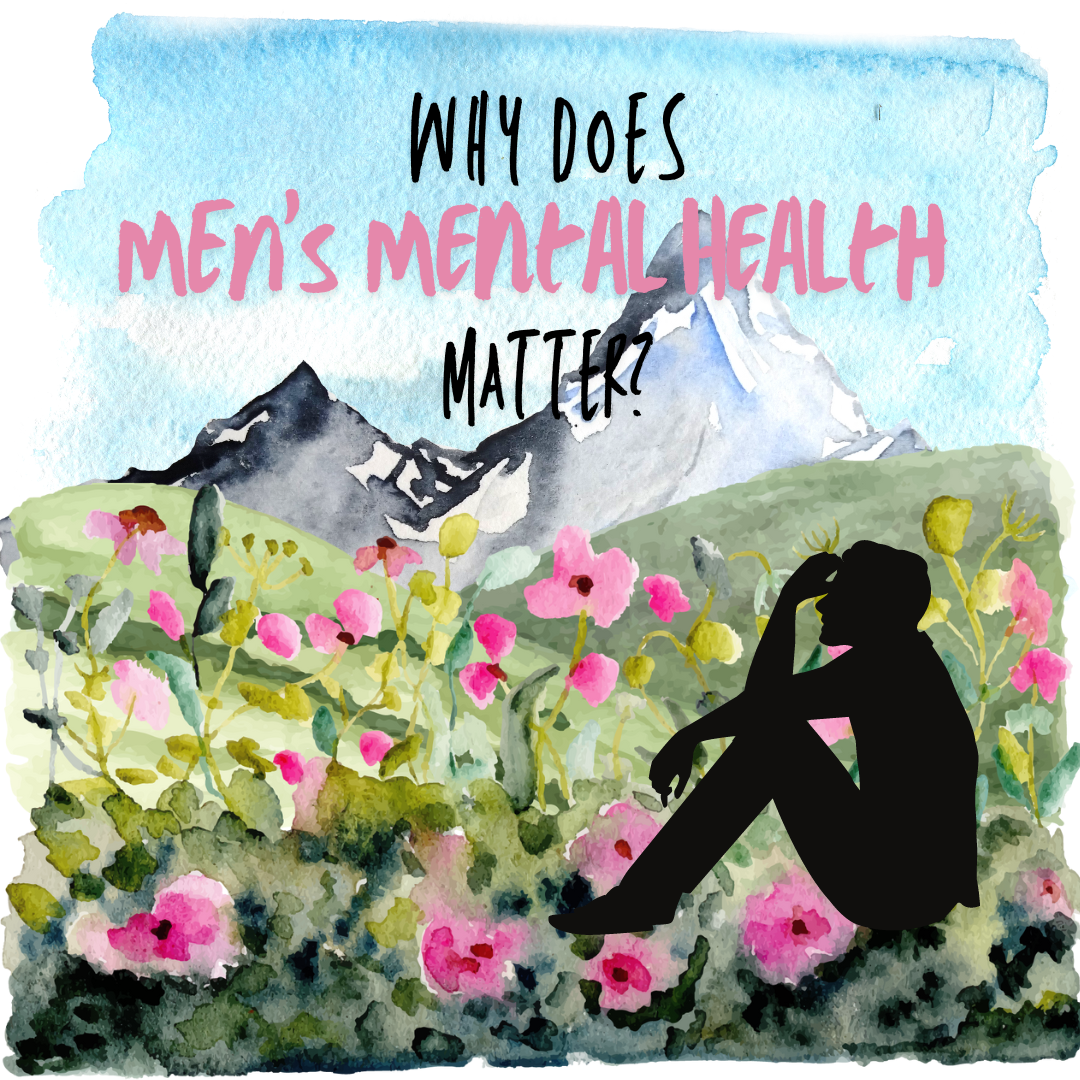As we celebrate Men’s Mental Health Month, it is important to acknowledge that men’s mental health is often overlooked. While society has made significant strides in acknowledging and addressing mental health issues, the unique challenges faced by men still require focused attention. Addressing the specific needs that men face is essential for creating a healthier, more inclusive society. Here are five reasons why we need to invest more energy into men’s mental health.
1. Prevalence of Mental Health Issues: Men experience mental health issues at significant rates, including depression, anxiety, and substance abuse. Addressing these issues is vital for overall public health.
2. Impact on Families and Communities: Men’s mental health directly affects their families and communities. Poor mental health can lead to strained relationships, reduced productivity, and increased healthcare costs.
3. Suicide Rates: Men are at a higher risk of dying by suicide compared to women. Addressing mental health can reduce these tragic outcomes.
4. Stigma and Societal Expectations: Men often face stigma and societal expectations to be strong and not show vulnerability, which can prevent them from seeking help. Raising awareness and promoting mental health resources can encourage men to seek the support they need.
5. Economic Impact: Mental health issues can lead to significant economic consequences due to lost productivity, absenteeism, and increased healthcare costs. Supporting men’s mental health can contribute to a healthier, more productive workforce.
6. Holistic Health: Mental health is a crucial component of overall health. Addressing mental health issues can lead to better physical health outcomes, improved quality of life, and enhanced well-being for men.
Concluding Thoughts
The importance of men’s mental health cannot be overstated, as it impacts individuals, families, workplaces, and communities. By understanding and addressing the factors that contribute to men’s mental health struggles, we can create a supportive environment that encourages open dialogue, reduces stigma, and promotes effective care and treatment.
If you or a loved one is interested in receiving psychiatric care for anxiety, depression, ADHD, or another mental illness, feel free to book an appointment with someone from our team.


Leave a Reply